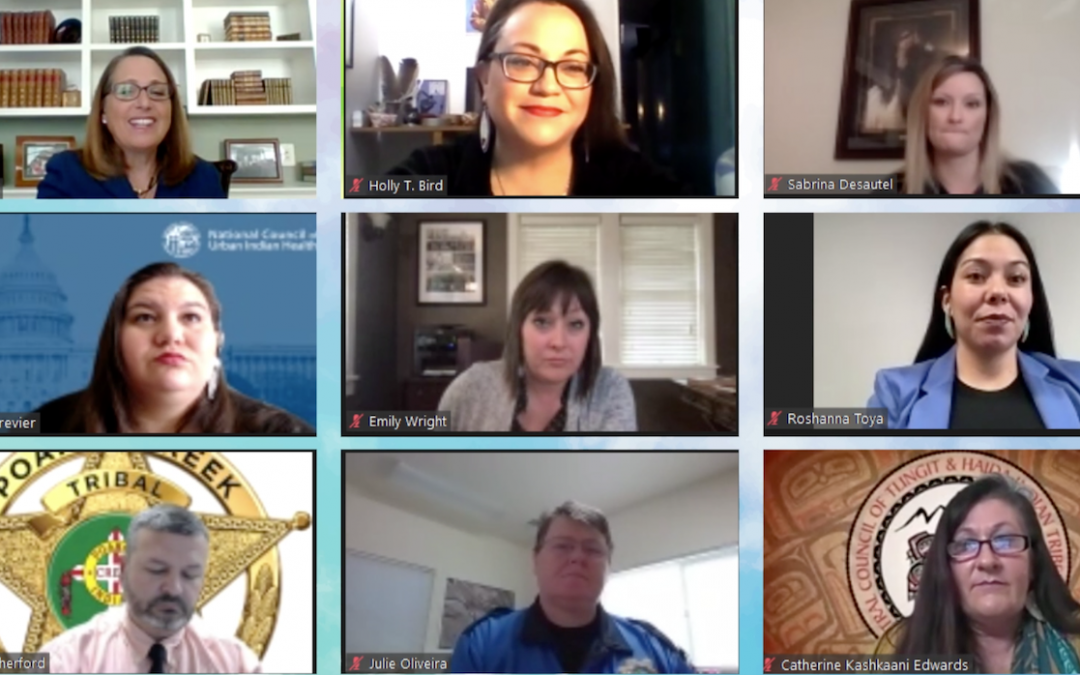WASHINGTON – Indigenous women’s lack of trust in government agencies is a major barrier to combating the high levels of violence against them, a National Institute of Justice official said Thursday.
Over 84% of Native American women have experienced violence in their lifetime, according to the National Institute of Justice, which is the research arm of the Justice Department. More than one in three Native women have experienced violence in the past year.
Most victims have experienced violence at the hands of a non-Indian perpetrator. Before 2013, federally recognized tribes couldn’t criminally prosecute non-Indian offenders, even if they committed a crime in Indian Country, whichled to an increase in violence against Native Americans and provided immunity to non-Indian offenders.
The Violence Against Women Reauthorization Actpartially corrected the problem by allowing federally recognized tribes to prosecute certain domestic violence cases by non-Indian offenders.
Congress recently passed Savanna’s Act, which was signed into law and directs the Department of Justice to enhance law enforcement and justice protocols to address missing or murdered Native Americans. It includes law enforcement training, public education, outreach to tribes, regional guidelines for violence response and statistical reports of violence.
Christine Crossland, senior social science analyst at the National Institute of Justice and head of research on violence against native women, said the research center is hampered by a lack of available data and complex jurisdictional boundaries and justice systems.
She also said indigenous women don’t trust government offiicials.
The nine members of the Task Force on Research on Violence Against American Indian and Alaska Native Women, a committee that provides recommendations on Department of Justice research, said they’ve had challenges getting indigenous women to speak with them.
“For some of these women, it’s the firsttime they’ve been able to talk about these experiences,” Crossland said.
Task force member Julie Oliveira said another barrier is fear of retaliation. She also said indigenous women who have been assaulted, especially ifthey were sexually assaulted, don’t think of the violence as a crime.
“Young women and young girls believe that’s just the normal,” Oliveira said.

